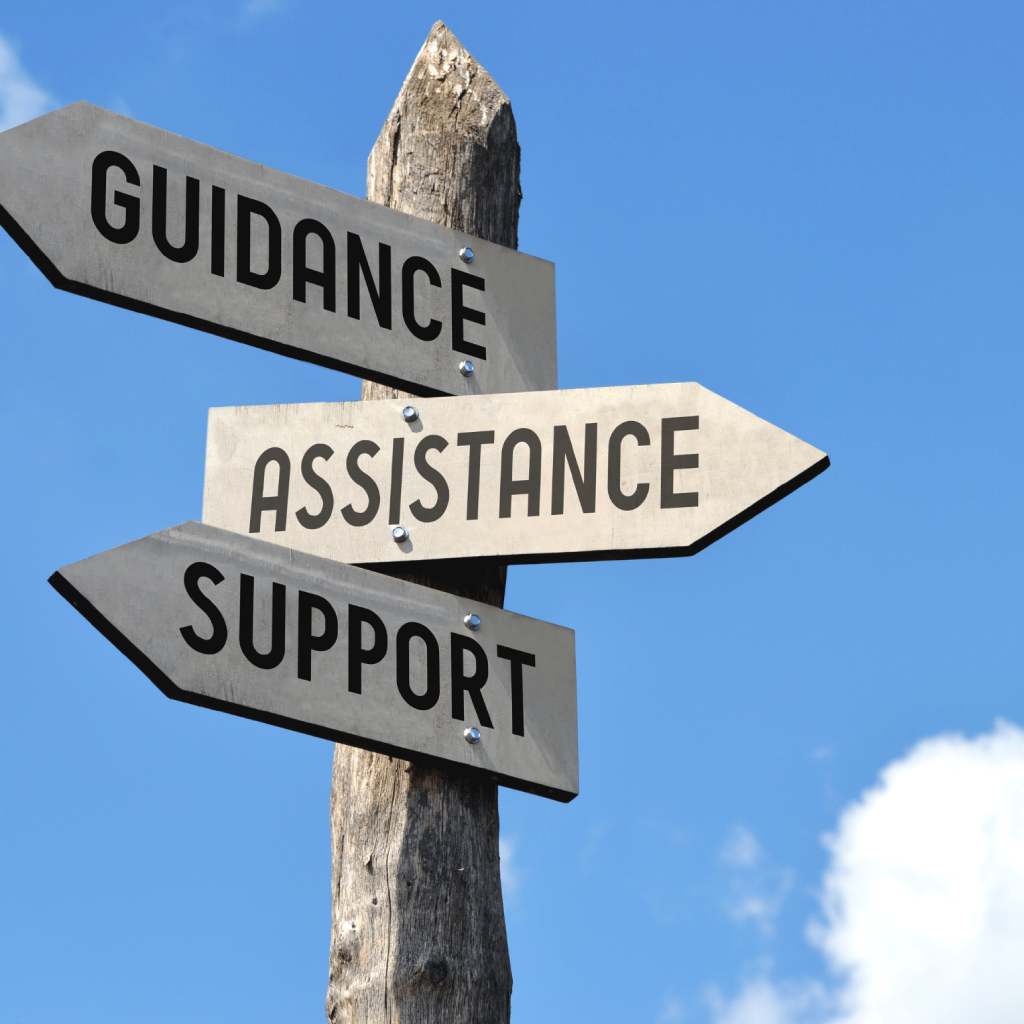
Supporting your Guest to Access Services
Important Services
Benefits
All those arriving will be eligible for social welfare benefits. Those you support will need to register for their Universal Credit payments, which the local authority will help them with. There will be a delay between registering and receiving their first payment. The local authority will be providing initial cash payments to cover this period. Turn2Us have a great website to explain the benefits process.
Employment
All adults who arrive through the Homes for Ukraine programme will be able to work. The Job Centre is responsible for assisting in job searches; however, you may wish to talk to your guest about how the application process for jobs or volunteering has worked in your experience. Offering to help practice interviews can also be helpful. There are some specialist recruitment agencies such as Bridge of Hope and Refugee Employment Network.
Healthcare
All those arriving will have a right to access healthcare and will need to register with a GP. Help your guest find their local GP surgery and its registration process; offer to provide assistance in completing registration forms if needed and go through the booking system with them.
There is no need for you to know, or for your guest to share, their medical history or needs with you but it will be useful to remind your guest of the different local medical services they can access:
- GP surgery – confidential health service, where interpreters can be provided on request. Everything discussed remains between doctor and patient. The GP can refer to specialists, prescribe medication and provide support around family planning and mental health services. If you’re communicating with your guest through a translation app, be mindful of how “GP surgery” will directly translate – we recommend using the term and then explaining that it means doctor’s office. The GP will have access to interpreters if needed.
- Pharmacy – not only where you pick up your prescription that the GP has made but will be able to advise on common or less serious medical conditions and will have an extensive range of medication you do not require a prescription for. Do explain how prescriptions are charged.
- Dentist – guests should be able to access NHS dentists, however, there are huge delays in many areas for free dental care for everyone, and it’s usual to have to wait. Emergency dental need can be treated by calling 111 for a referral, but this will not cover ongoing treatment. Dentists usually do not have access to interpreters.
- Mental Health Services – flag that support is available via the GP, and point to https://saneukraineonline.org/ – a free online service
Language support
It might be that your guest can speak English or might need to learn. It can feel challenging when you support someone who you do not share a language with, but it is not impossible to manage. Make sure you have an interpreting app installed on your phone, such as google translate – the translation might not always be perfect, so be ready to try in other ways. You can also check out our resource on tips to communicate with your guest. There might be ESOL (English as a second language) classes available locally or online. Your local authority might be able to guide your guest to classes.
Schools
Your local authority will be responsible for registering children in schools. Your guests might require assistance in applying for free school meals once their benefits have arrived, or preparing children to go to school, as well as navigating the differences in the schooling system. Make sure you speak to your local authority about what support you offer.

